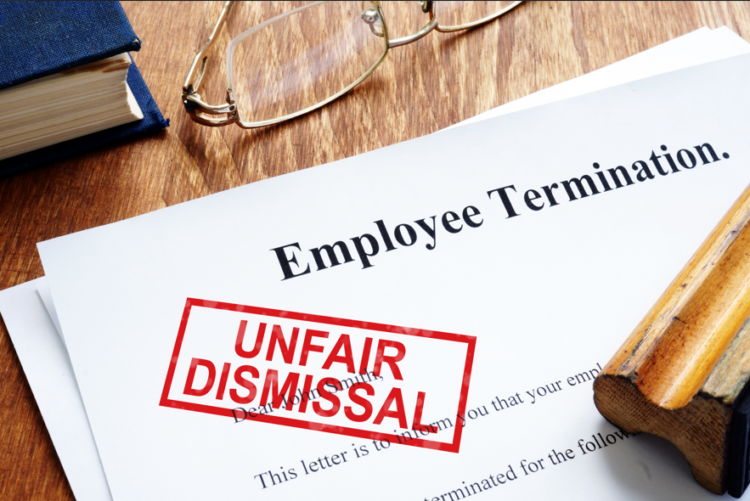Government plans to give employees the right to claim unfair dismissal from day one were called “reckless” and “blind to the economic damage that they are about to unleash” in the House of Commons yesterday.
Conservative MP Gregory Stafford made the comments as parliament considered the latest amendments to the Employment Rights Bill ahead of its third reading.
The planned changes to unfair dismissal, and the broader bill, have prompted anxiety among employers as many have raised concerns about the impact. The bill includes new rules to end exploitative zero hours contracts, expanded rights to statutory sick pay, and improvements to collective redundancy protections, among many other changes. However, plans to end the two year qualifying period for bringing an unfair dismissal claim have been of particular concern.
Stafford said small businesses raised concerns about unfair dismissal changes in the bill with him “day in, day out”. He called for an impact assessment to be conducted before any changes are confirmed.
“Without that, we have to be clear that businesses will be discouraged from hiring in the first place. Flexibility in employment is not one-sided; it benefits both workers and their employers.”
However, Sarah Russell MP said that such criticisms wrongly imply that employees with unfair dismissal rights will become “unexploded bombs”.
Russell said that employees she has represented “did not want to bring tribunal claims, they just wanted to have been treated fairly and reasonably in the first place”.
“I do not think that when people have unfair dismissal rights a little bit sooner, they will all be rushing to employment tribunals the moment that something goes slightly wrong in their workplace.
“What most people want to do every morning is get up, go to work, do a decent job, get paid for it and go home. That is what we will continue to see after this legislation passes: that most employers want to look after their employees perfectly reasonably, and most employees want to do a perfectly decent job.”
In a briefing on the bill amendments, Rachel Suff, CIPD senior policy adviser, employee relations, highlighted that some of the statutory changes will come in through secondary legislation, such as regulations or codes of practice, which are yet to be designed.
“Therefore it will take some time before the full and final detail of this employment reform package is clear,” she said
“For example, we still don’t know the length of the ‘initial period’ of employment that will be set as part of the new right not to be unfairly dismissed from day one. Although the government has indicated a preference for nine months, the period is not confirmed in the amendments and will be subject to consultation.”
Ben Willmott, head of public policy at the CIPD, added that while there is more clarity on some measures, significant gaps remain. In addition to the lack of detail on the proposed new statutory probation period, he highlighted the limited information on the new rights for trade unions, which he said are also among the more major concerns for employers.
Willmott said: “The sheer number of amendments to the Employment Rights Bill are likely to prove challenging to implement for employers. Going forward, we’d like the government to introduce a clear, phased implementation plan so that employers can start preparing for the changes.
“The government also needs to increase the resources available to Acas to strengthen its ability to provide advice and guidance for SMEs – especially micro and small firms who are less likely to have access to professional HR support and so will be most at risk of accidental non-compliance.”












